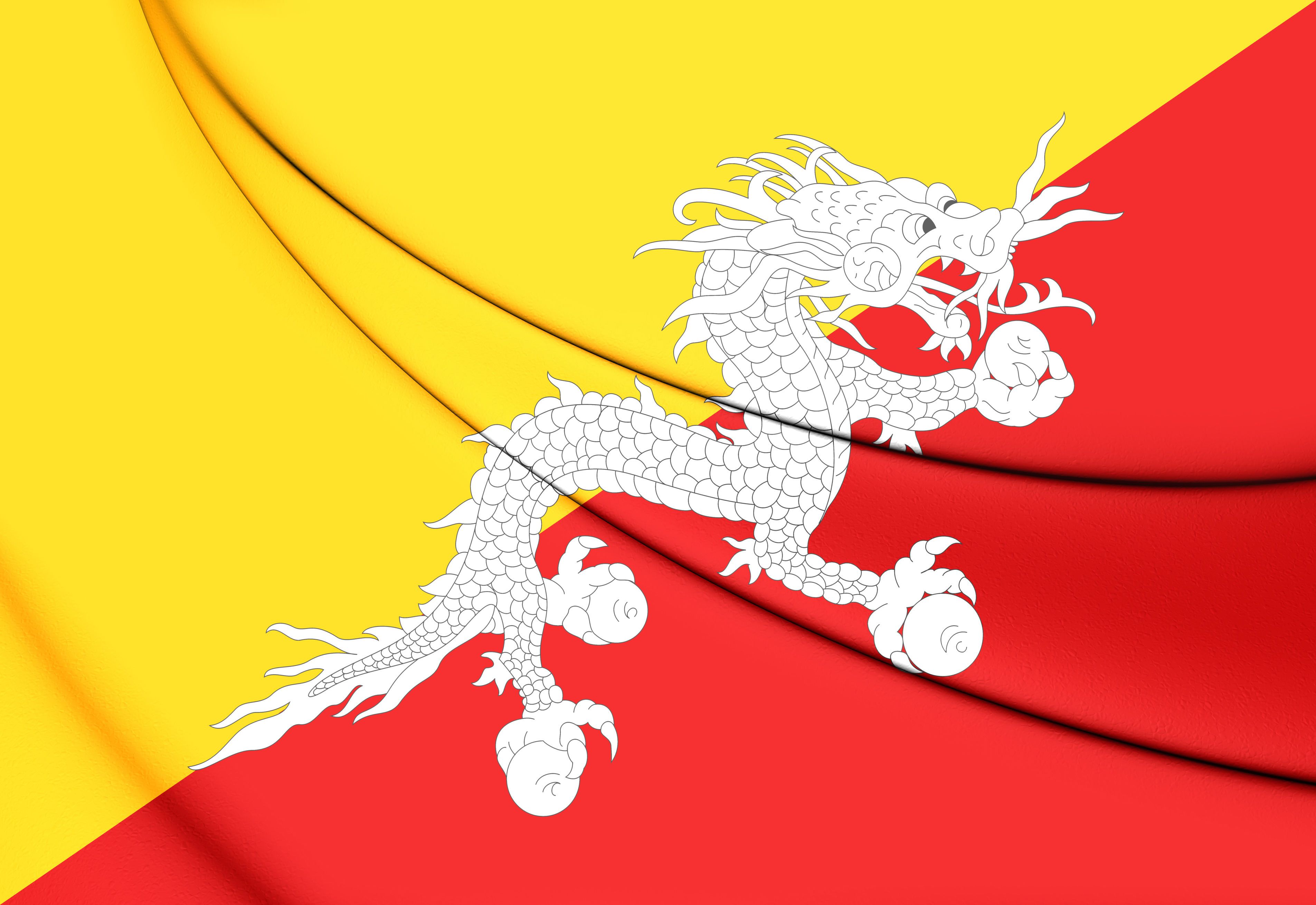Welcome to Bhutan! William and Kate’s guide to the local language
Bhutan, known as the ‘Land of the Thunder Dragon’, only opened up to visitors in the 1970s, which means the tour of India and Bhutan the Duke and Duchess of Cambridge are going on, is a very special trip! The country is still relatively unexplored by outsiders and holds some lovely traditions, like their measure of national happiness instead of GDP.
The national language of Bhutan is Dzongkha, which we have released on uTalk just in time for the royal visit. The language stems from the old-Tibetan language and uses a Tibetan alphabet. As it’s the Royals’ first time in Bhutan, here are some phrases they may find useful whilst they’re there!
Kate and Will arrive in Bhutan on 14th April and will be welcomed by a traditional ceremony at the Buddhist monastery Thimpu Dzong. So here are some phrases in Dzongkha that they could use:
It’s a pleasure to meet you – Chhoe Dang Chhe Dey Ga Tro Jung Yi
Welcome – Joen Pa Lekso
Monastery – Goen Pa
Dress – Mo Gho
They will also be meeting the King of Bhutan, Jigme Khesar Namgyel Wangchuck, and his wife Queen Jetsun Pema. Queen Jetsun gave birth to a baby boy in February so a good word for the Royal Couple to know may be alu (baby) or chhom (gift).
On their second day in Bhutan William and Kate will be hiking for up to 6 hours to Paro Taktsang, which is the Tiger’s Nest monastery, and will also attend a reception for British Nationals. They may want to use the phrases:
Hiking pole – Lam Doel Gi Kharw
Insect repellant – Bub Kag Ni Men
Is there any phone reception nearby? – Na Phar Tshor Druel Thrin Gi Gyue Lam Ga Tay Yoe Ga?
During their stay in Bhutan they may try some of the local cuisine, which is known to be quite spicy! These may be the most essential phrases to know:
Delicious – Zhim Tong Tong
Not too spicy please – Naa May Sa May Kha Ma Tsha Mi Chi La
What phrases do you think the Royal Couple need to know for their trip to Bhutan? You can find more Dzongkha phrases in our uTalk app.
Interesting idioms from around the world
No matter what language you’re learning, at some point you’ll probably come across idioms. These phrases, on the surface, seem to mean very little and yet, to native speakers, they roll easily off the tongue without a moment’s thought. In a recent post, we covered Chinese chengyu, idiomatic expressions that each have their own fascinating story. And English is full of strange idioms – ‘to have a chip on your shoulder’, for instance, or ‘to pull someone’s leg’. Very confusing if you’re not very familiar with the language.
Idioms are a tricky part of the language learning process, but well worth it if you can get a few under your belt… 😉 Being able to drop a few colloquial expressions into your speech in the right context will not only boost your confidence, but it’ll also impress whoever you’re talking to!
So here are just a few of our favourite idioms from around the world:
Aus einer Mücke einen Elefanten machen (German)
Literally: To make a mosquito out of an elephant
Meaning: To make a fuss out of nothing
 Énêhpoése ma’eno (Cheyenne)
Énêhpoése ma’eno (Cheyenne)
Literally: The turtle is shrouded
Meaning: It’s foggy
猿も木から落ちる (Saru mo ki kara ochiru) (Japanese)
Literally: Even monkeys fall from trees
Meaning: Even experts get it wrong
Ar gefn ei geffyl gwyn (Welsh)
Literally: On the back of his white horse
Meaning: Full of mischief
Hak mir nisht kin chaynik (Yiddish)
Literally: Don’t chop my teakettle
Meaning: Stop annoying me
Les chiens ne font pas des chats (French)
Literally: Dogs don’t breed cats
Meaning: Like father, like son
chang.sa.rgyag (Tibetan)
Literally: To put up a beer tent
Meaning: To get married
Aquí hay gato encerrado (Spanish)
Literally: there’s a trapped cat here
Meaning: there’s something odd going on
бурхан оршоо бутын чинээ сахал урга (Burkhan orshoo butin chinee sakhal urga) (Mongolian)
Literally: God bless you and may your moustache grow like brushwood
Meaning: Bless you (when someone sneezes)
Avere gli occhi foderati di prociutto (Italian)
Literally: To have one’s eyes lined with ham
Meaning: To be unable to see something that’s plainly obvious
Have you discovered any fun idioms in the language you’re learning? Let us know in the comments!



